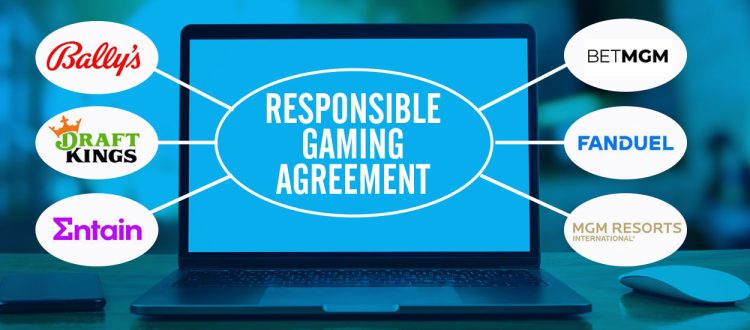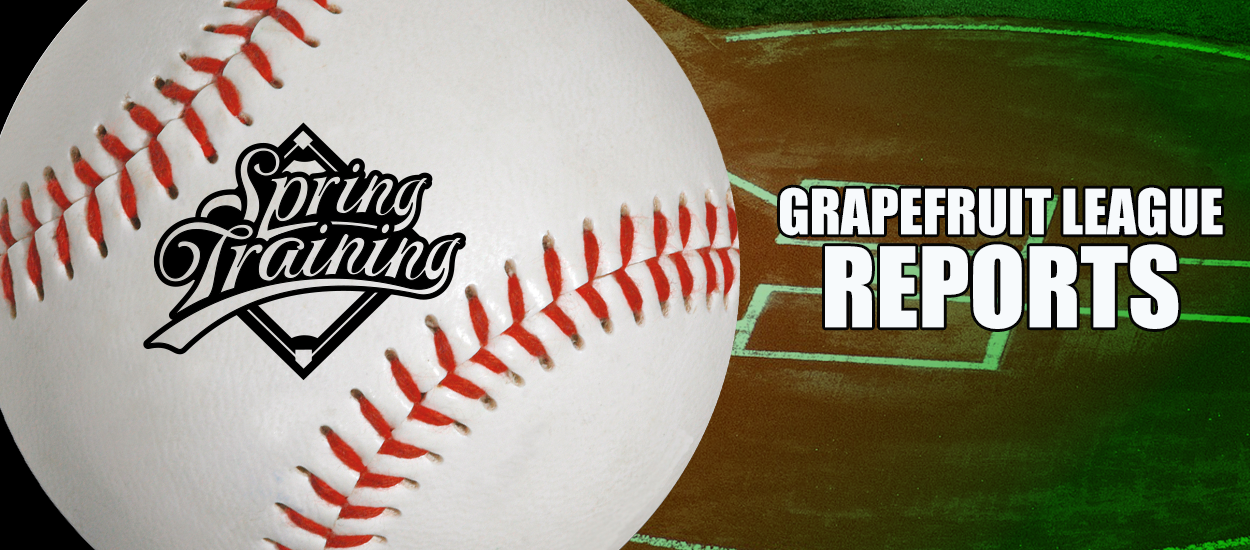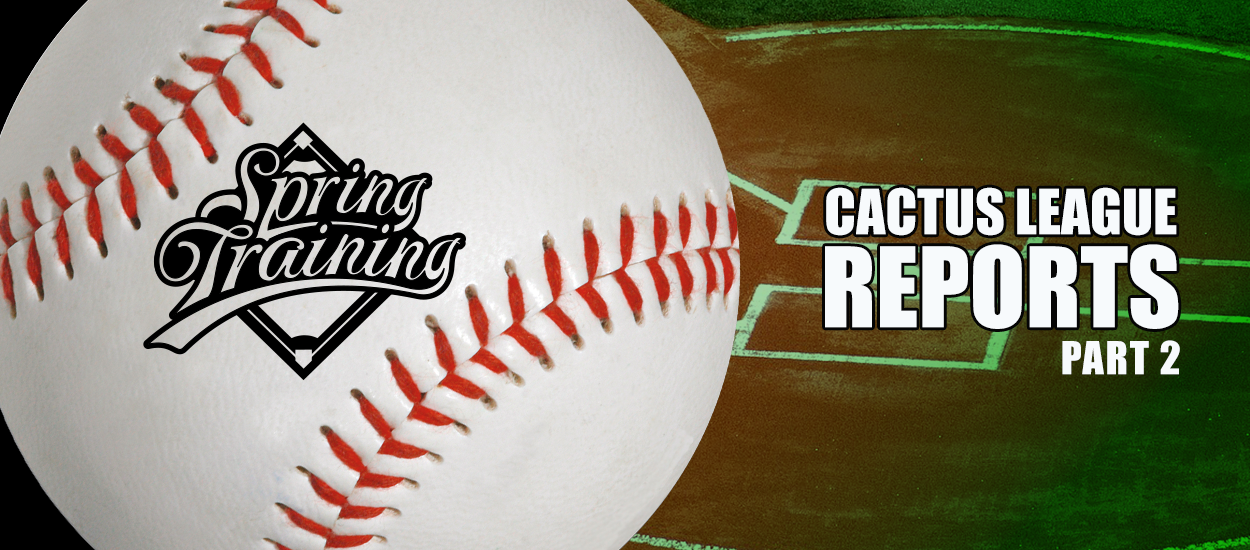Since the turn of the century, I have been to several gambling conferences, and each one from the first Global iGaming Summit & Expo (GIGSE) conference in 1999 to this year’s SBC North America Summit has had a stream on responsible gambling. It’s generally the elephant in the room at each conference, since everyone in the industry knows it is an important topic that must be addressed, but it’s also a topic few operators really want to discuss. At the same time, they also know that ignoring the issue is not an option either.
Problem Gambling Defined
According to the UK Gaming Commission, 95% of people gamble without issue, but 5% are problem gamblers and between one and five percent of those are compulsive or pathological gamblers. That number may not seem huge, but if the same percentages applied in the U.S. the total number of problem gamblers would be significant. In the U.S. there are about 248 million adults over the age of 20 that can legally gamble in all states, so 5% of that number represents about 12 million people who may have problem gambling issues and as many as a half million people who are potentially pathological gamblers.
By definition, pathological gambling means that the person is so obsessed with gambling it controls almost every decision they make. They are the ones we hear about regularly in the news. They have mortgaged their house to gamble, embezzled money from their business to gamble, have sacrificed the welfare of their families to gamble, and many times compulsive gamblers end up committing suicide due to their demons. And any time even one of those situations occurs, it is not only sad, but bad for the industry because anti-gambling groups make an example of those situations to push for an end to gambling. Several countries, including most recently Australia and the Philippines, have made a push to end all online gambling because they claim the damage from problem gambling (as well as corruption of the gambling operators) is too much for their countries to bear.
Responsible Gaming Education Month
So this year, the American Gaming Association (AGA) has named September as Responsible Gaming Education Month (RGEM) and have created sessions and materials to help operators understand the topic of responsible gambling and provide options to address it.  In a press release issued at the start of the month, Cait DeBaun, the AGA Vice President, Strategic Communications & Responsibility released the following statement:
In a press release issued at the start of the month, Cait DeBaun, the AGA Vice President, Strategic Communications & Responsibility released the following statement:
“While our members’ responsibility commitments go above and beyond what is required of them, this guide is a valuable resource for our industry to maintain its high standards of regulatory compliance in all facets of responsible gaming.“
She added:
“Our industry’s focus on responsibility has only grown with the expansion of legal gaming,” continued DeBaun. “RGEM 2022 provides an extended opportunity to highlight our industry’s responsible leadership while continuing to strengthen player and employee education. We are thrilled for the entire U.S. gaming community to join us throughout September.“
So far this month’s RGEM sessions have included Empowering Customers to Play Responsibly; Legal, Regulated Gaming Protects Players; Employees—the RG Front Line; and this week the session is on Advancing Responsible Gaming with Technology. This week’s session could arguably be the most important one of the four, since technology has been used as a scapegoat for all problem gambling occurring in the U.S. for almost 25 years. Everyone from Senator John Kyl with his first attempt to ban online gambling in 1997 with the failed Internet Gambling Prohibition Bill to Sheldon Adelson and his failed RAWA bill have suggested that the big problem with gambling in the U.S. is technology because they claim problem and underage gambling can’t be protected online. Who will ever forget Kyl’s famous quote that children will steal dad’s credit card and “click the mouse, lose the house.”
To the credit of all the online gambling operators, rather than ignoring the issue, they are taking extreme measures to ensure that problem gambling is addressed before it gets out of hand for a player and becomes a bigger problem that it is.
Operators are addressing problem gambling
At the Canadian Gambling Summit in June at a plenary session called Day 1 Payments – New Trends & Technologies, I asked the panelists about what they were doing to try and ensure that people weren’t using the new methods they were discussing, which often involved a form of credit, as a way to bet money that they don’t have or can’t afford. Most in the session looked at me sideways as if to say that I was in the wrong area and I needed to be downstairs in the small rooms devoted to the topic of responsible gambling, but each panelist did answer the question and each said that they have staff on hand that monitors each person’s play, including deposit methods to try and identify problem gamblers and discuss their concerns with those players before it becomes an issue.  One panelist that works for a company that offers both online and physical casinos said that the beauty of online gambling is there are algorithms that can identify the issue far more easily than can be done at a land-based facility. And in a discussion I had a while back with representative at Gambler’s Anonymous, they also said that most of the problem gamblers they see at sessions are playing at physical casinos or betting illegally, although they acknowledge that online gambling in the U.S. is still in its infancy and they expect as years go on more people at their sessions will be online gamblers.
One panelist that works for a company that offers both online and physical casinos said that the beauty of online gambling is there are algorithms that can identify the issue far more easily than can be done at a land-based facility. And in a discussion I had a while back with representative at Gambler’s Anonymous, they also said that most of the problem gamblers they see at sessions are playing at physical casinos or betting illegally, although they acknowledge that online gambling in the U.S. is still in its infancy and they expect as years go on more people at their sessions will be online gamblers.
Six licensed operators have tried to bring responsible gambling measures to the forefront and have banded together to sign a new responsible gambling initiative. Bally’s, BetMGM, DraftKings, Entain, FanDuel and MGM Resorts released a 12-point pledge to combat problem gambling. The points included the following:
- We take active steps to prevent underage and excluded individuals from participating in any form of gaming within our products
- We help patrons make informed choices about their gaming. We provide easy to read information about how to play, provide responsible gaming tools including information on how to access and use such tools; and provide other related information, including information about a toll-free helpline, as well as resources for those who are seeking support related to their gaming
- We support the adoption and effective promotion of a unified nationwide responsible gaming toll-free helpline
- We abide by applicable standards of socially responsible advertising, including compliance with all applicable state and federal laws and standards, and we avoid using minors in marketing content. We only use actors and company representatives in advertising and social media relating to gaming who reasonably appear to be above the legal age to gamble
- We provide our customers with tools to play responsibly, including but not to limited to self-exclusion tools, financial and other account limits as well as customer betting histories
- We abide by all self-exclusion rules and regulations, and provide resources to individuals who make the choice to self-exclude
- We encourage patrons to set a budget that they can afford to and never play beyond their means, and not view gaming as a means to financial success
- We encourage patrons to set time and financial limits on their gaming and stick to them, not to chase losses
- We believe in a shared responsibility approach to addressing problem gaming and are committed to working with policy makers, academic experts and researchers, problem gaming treatment organizations, advocacy groups, and our partners as well as with our customers to promote responsible gaming and address problem gaming
- We support funding for evidence-based problem and responsible gaming research
- We provide all applicable employees with responsible gaming training upon hire and regularly thereafter, in order to embed responsible gaming culture in our businesses
- We are committed to evaluating and continuously monitoring our respective responsible gaming programs and initiatives
The operators said these 12 points are based on four core attributes and in a release, the group said the principles are derived from these attributes:
- Participating only in legal markets that provide consumer protections
- Striving to instill responsible gaming culture throughout their respective businesses
- All forms of online gaming should be a fun activity and enjoyed as a form of entertainment
- While the vast majority of individuals can enjoy online gaming in a responsible way, some individuals need additional tools and support related to their gaming activities
Perhaps Martin Lycka, Entain’s senior vice president for American regulatory affairs and responsible gambling said it best:
“These principles mark an important milestone, and I am delighted other leading operators have joined us in this commitment to responsible gaming in the rapidly growing US markets, as responsibility sits at the heart of our business. It’s truly a first for this market and a significant step for addressing problem gaming on a consistent basis.
We hope our industry and state regulators will join us in advancing these principles. Our patrons deserve it.“
Indeed, because Entain and Flutter are European based companies, they would know the dangers of not addressing problem gambling early on. In many European jurisdictions, the media, such as The Guardian and BBC, along with anti-gambling forces across Europe have been pointing fingers at the operators telling them to do more to combat problem gambling or shut it down. The operators also know it’s important to address the issue of responsible gambling since many states that are on two minds about offering sports betting such as Oklahoma, Georgia, Alaska and Texas will want proof that enough measures are taking place to combat problem and underage gambling before moving forward on pro-gambling bills forward in those states.
So, as we near the end of September, the Responsible Gaming Education Month is coming to an end. Hopefully operators will learn a lot from the AGA initiative, and they will make responsible gambling a major part of their discussions. North America is in an exciting stage as online sports betting continues to grow monthly and online casino gambling is starting to take more shape as bills are being passed in more and more states to legalize that too. Let’s just hope it doesn’t get derailed because operators do not do enough to address responsible gambling effectively leading to states on the fence to say, “it can’t be addressed properly, so we’ll pass.”
Read insights from Hartley Henderson every month here at GamblersWORLD!

















